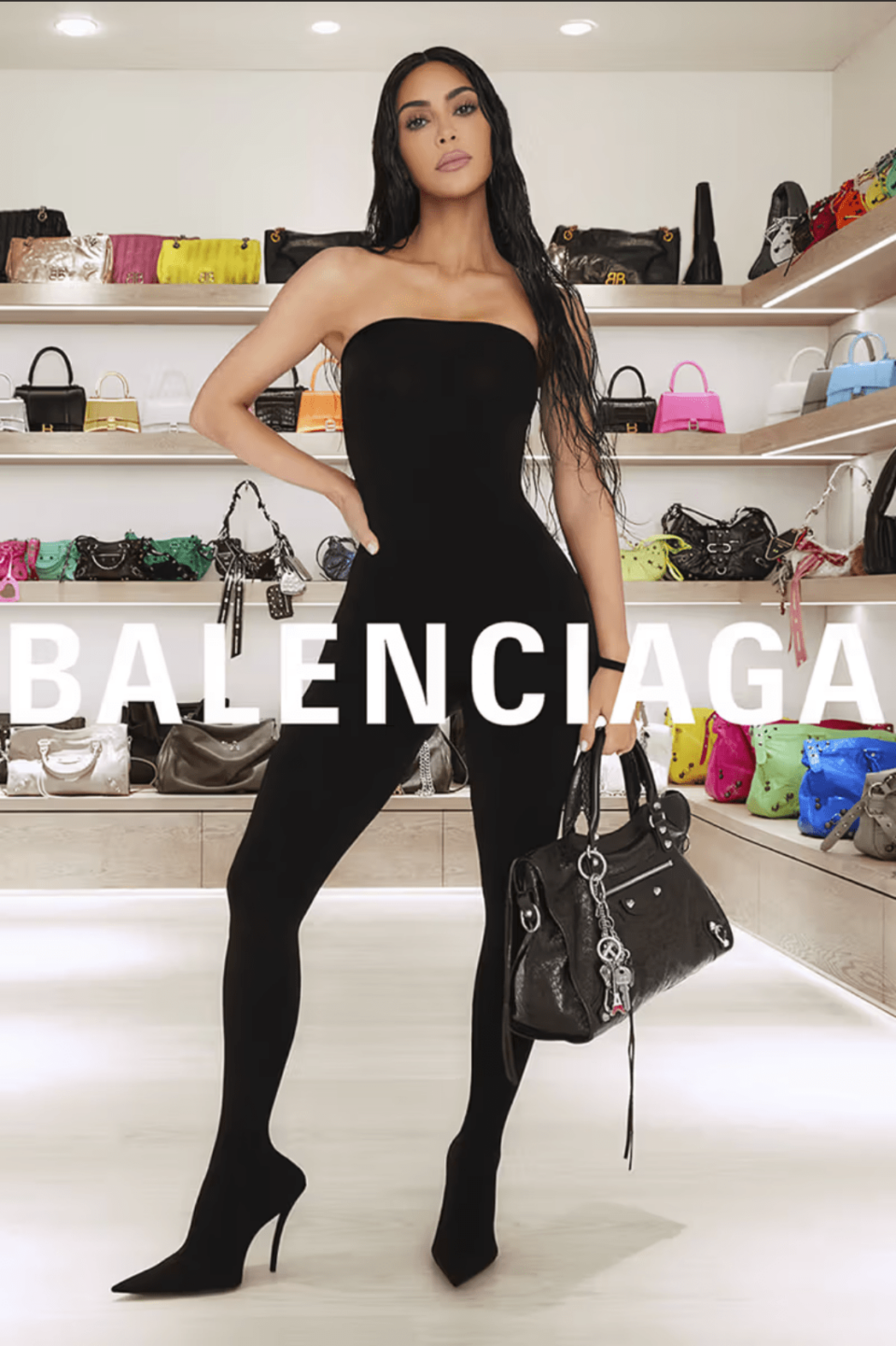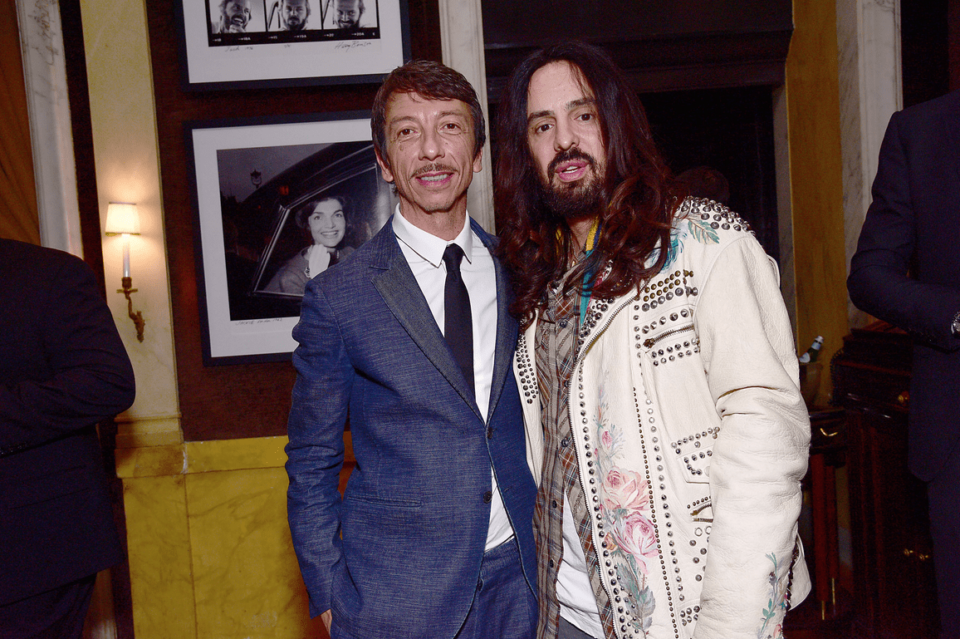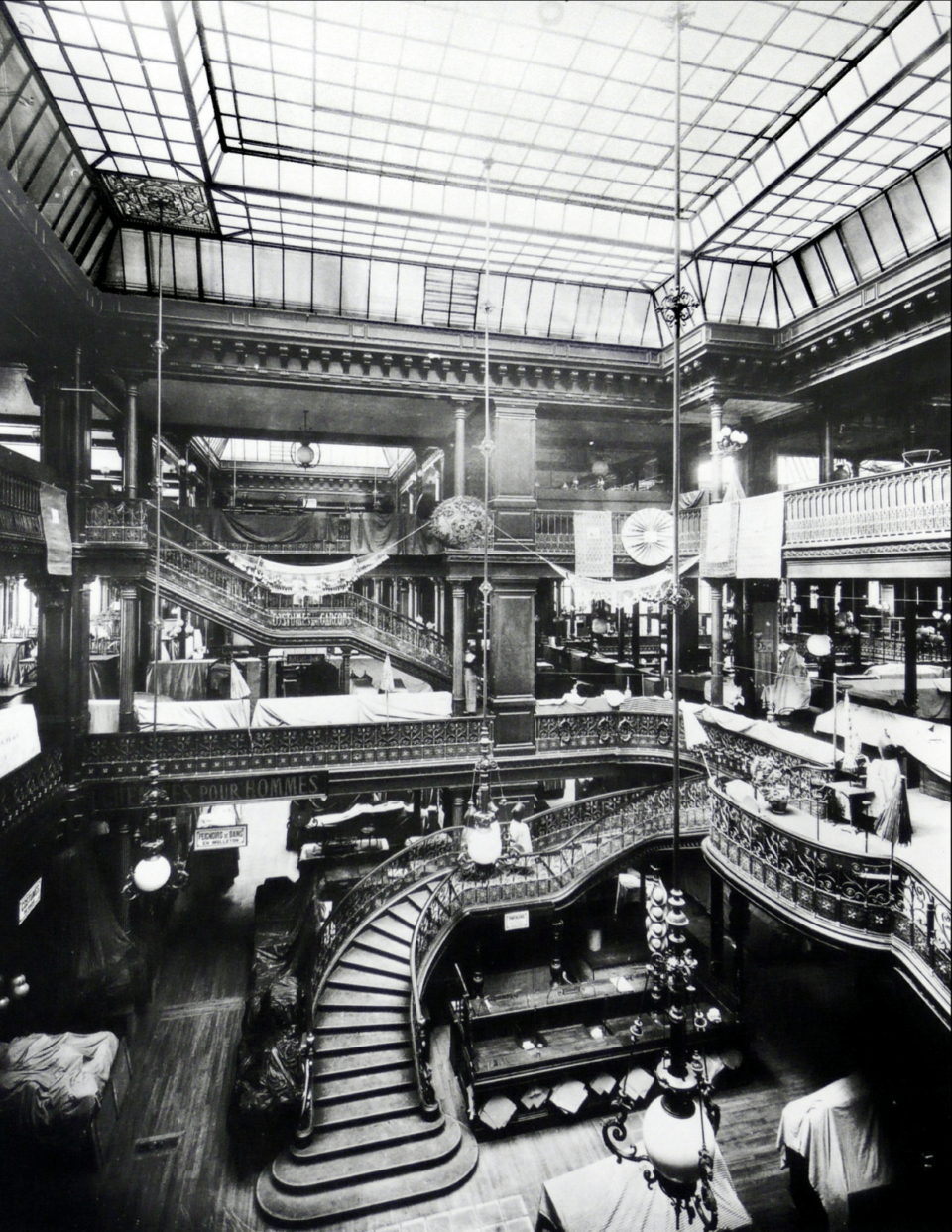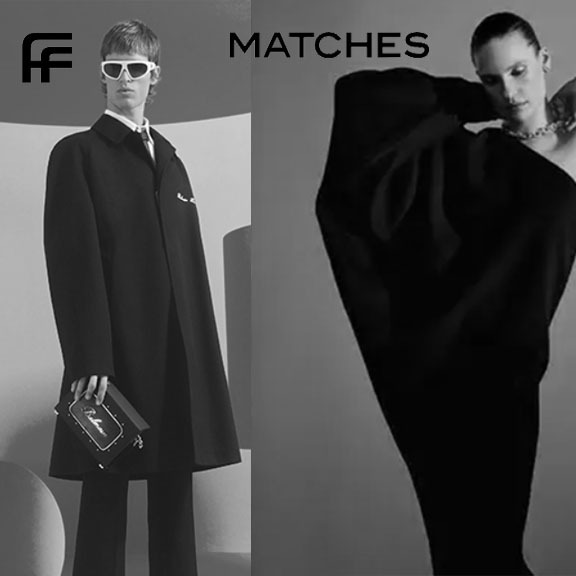The 220 artifacts for Sleeping Beauties: Reawakening Fashion, the latest exhibit by the Costume Institute at the Metropolitan museum of art in New York, opening to the public this Friday, were drawn from its archives with the stated aim of “reviving [their] sensory capacities.” After all, clothes are not just for looking at; they are tactile objects, and they smell. Or so the exhibit tried to remind us, in a rather clumsy way, by jumping through some snazzy scientific hoops that I doubt an average exhibit visitor will care about. In real life the olfactory experience of clothes has to do more with their wearer, that ineffable familiar smell of your lover, for example, an experience diametrically opposed to what was offered, the smell of dead, disembodied clothes. To their credit, Andrew Bolton, the head curator of the Institute, and his staff, are well aware of this, but their attempts at resuscitating the sartorial corpses felt forced.










